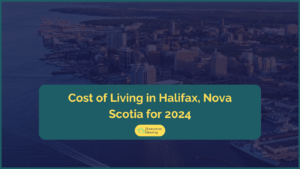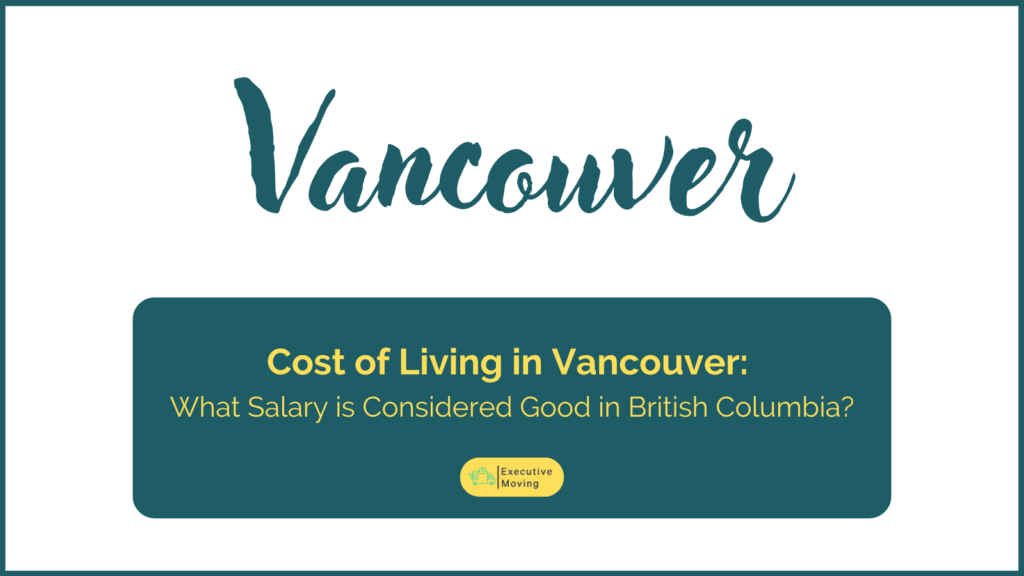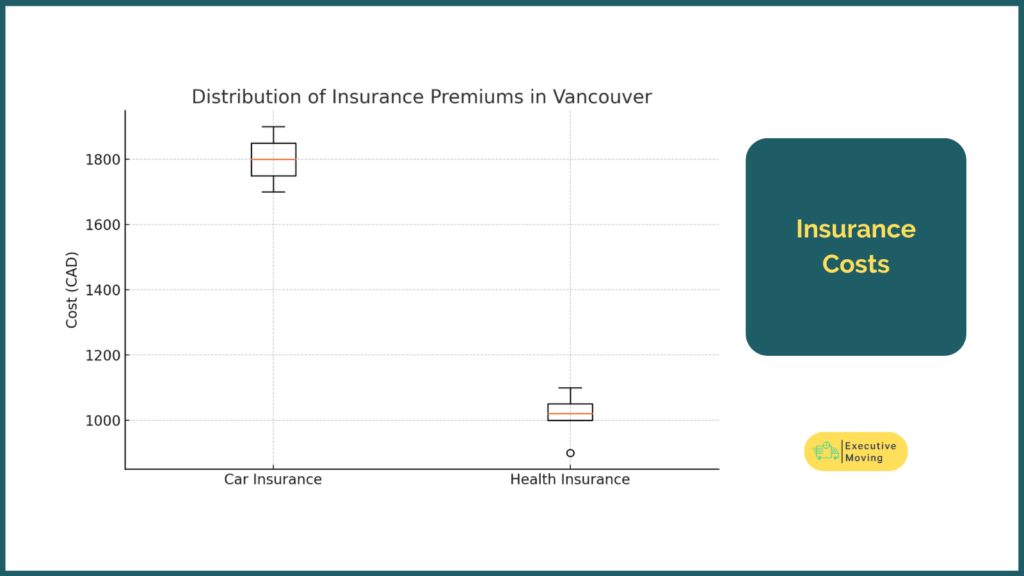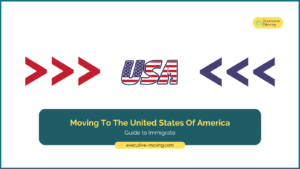
Cost of Living in Halifax, Nova Scotia Ultimate Guide
Cost of Living in Halifax, Nova Scotia Ultimate Guide Ever wondered about the Cost of Living in Halifax? Well we have put together some guidelines about that just for you! Before you get too carried away, let’s talk about something less picturesque but equally important—the cost of living. And hey,










